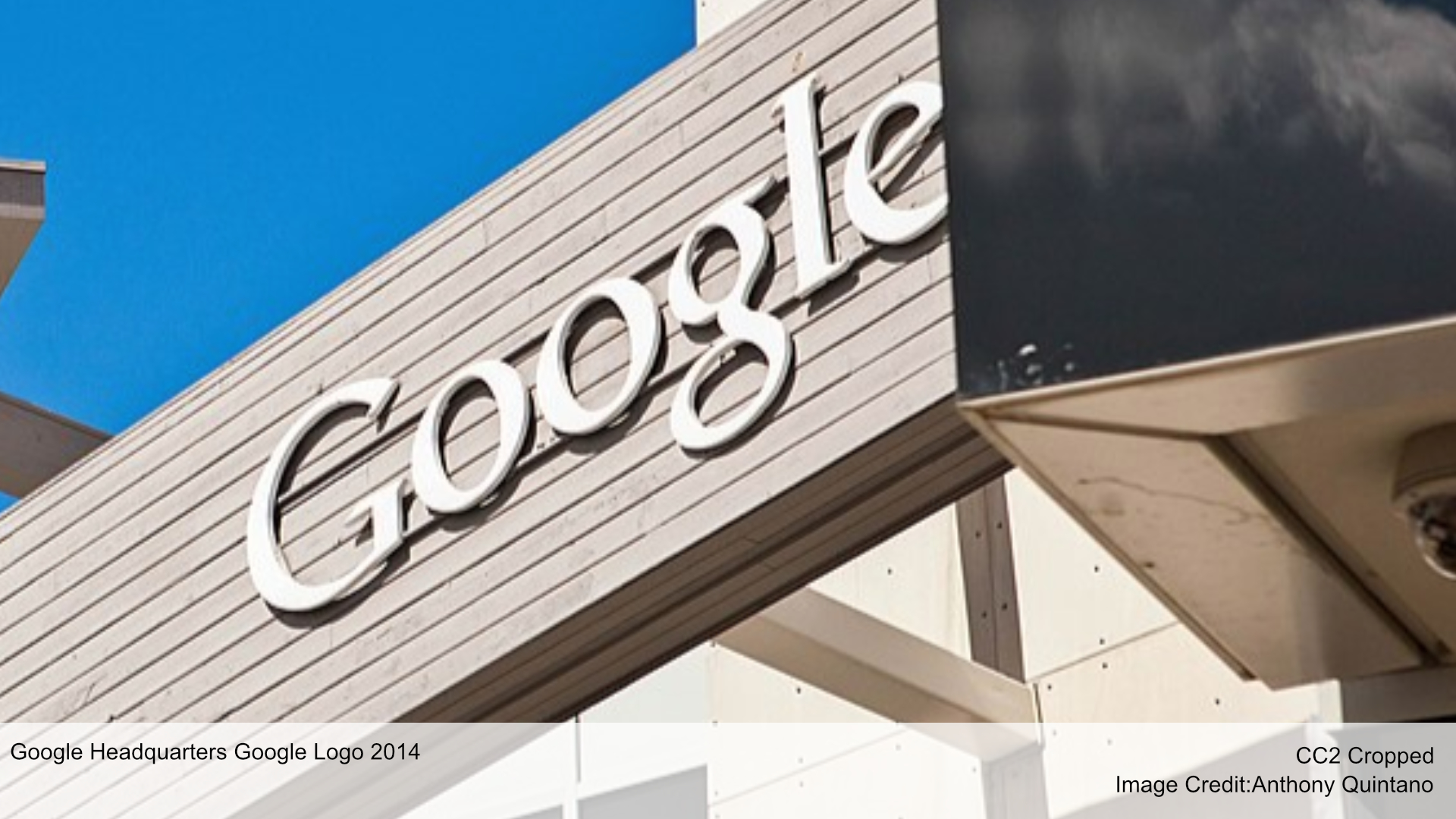A landmark legal challenge could force tech giants like Google to assume responsibility for content recommended by platforms like YouTube. This case, currently under review in America’s top court, threatens the legal shield protecting these companies. The ruling could redefine how tech firms handle user-generated content.
- Section 230 Under Scrutiny: A Supreme Court case questions whether tech platforms like YouTube should be liable for content recommendations, challenging the legal immunity provided by Section 230 of the Communications Decency Act.
- Potential Industry Impact: A ruling against Section 230 protections could impose stricter regulations on tech firms, altering content moderation, free speech, and innovation dynamics.
- Supporters vs. Critics: Advocates for reform demand accountability for harmful content, while tech companies warn that changes could stifle innovation and limit free online services.
- Global Implications: The outcome could set a legal precedent influencing digital policies and practices beyond the U.S., reshaping how platforms manage user-generated content worldwide.
Section 230 of the Communications Decency Act grants internet companies immunity from liability for user-posted content. Critics argue this provision allows platforms to evade responsibility for harmful content. The case challenges whether platforms should bear liability for content recommendations.
Legal experts express concern that altering Section 230 could “blow up the internet” by imposing burdensome regulations on tech companies. The ruling could impact content moderation, free speech, and user privacy. The case underscores the tension between innovation and regulation in the digital age.
Tech firms warn that changes to Section 230 could stifle innovation and reduce the availability of free online services. Supporters of reform argue that these companies must take more responsibility for content impact. The outcome could set a precedent affecting the global digital landscape.
The case highlights the ongoing debate over balancing platform liability and freedom. As the Supreme Court considers the challenge, stakeholders anticipate significant implications for tech companies and users worldwide. The decision could reshape the internet’s future, influencing policy and industry practices.
Understanding Section 230 of the Communications Decency Act
Section 230 of the Communications Decency Act (CDA) is a pivotal law in the United States that has shaped the internet as we know it. Enacted in 1996, it provides legal protections for online platforms and intermediaries, enabling them to host user-generated content without being held liable for it. This provision has been critical to the growth of social media, forums, and other interactive websites.
Key Provisions of Section 230
- Protection from Liability
Section 230(c)(1) states:“No provider or user of an interactive computer service shall be treated as the publisher or speaker of any information provided by another information content provider.”
This means platforms like Facebook, YouTube, and Twitter are not liable for the content their users post, such as comments, videos, or reviews.
- Good Samaritan Clause
Section 230(c)(2) protects platforms that moderate content in good faith:- Platforms can remove or restrict content they deem objectionable, whether it’s obscene, violent, or otherwise harmful, without losing their liability shield.
Why Section 230 Was Created
The law was introduced to encourage the growth of the nascent internet by addressing two critical issues:
- Balancing Moderation and Free Speech: Before Section 230, platforms faced legal risks if they moderated content, as courts could treat them as publishers. Without moderation, platforms risked hosting harmful or illegal content. Section 230 struck a balance by allowing platforms to moderate without becoming liable for user content.
- Encouraging Innovation: By shielding platforms from liability, Section 230 enabled the emergence of interactive websites and user-driven platforms, laying the foundation for today’s internet economy.
Impact of Section 230
- Growth of Social Media
Platforms like Facebook, YouTube, and Twitter rely on Section 230 to function. Without it, they could face lawsuits for every piece of user content, stifling innovation and growth. - Freedom of Speech Online
Section 230 allows a diversity of voices and ideas to flourish online. It protects platforms from lawsuits over controversial content while giving them the ability to moderate harmful speech. - Economic Benefits
The law has enabled the rise of multi-billion-dollar companies in social media, e-commerce, and user-generated content platforms like Reddit and Yelp.
Criticisms and Controversies
Section 230 has faced scrutiny from across the political spectrum:
- From Conservatives:
Critics argue that platforms use Section 230 protections while censoring conservative viewpoints, accusing them of bias in content moderation. - From Progressives:
Many on the left claim Section 230 allows platforms to avoid responsibility for hosting harmful content, such as hate speech, misinformation, or illegal activities. - Misinformation and Harm:
Opponents contend that Section 230 has enabled platforms to profit from misinformation, cyberbullying, and other harmful behaviors without adequate accountability.
Proposed Reforms
Lawmakers have proposed reforms to Section 230 to address these criticisms:
- Increased Accountability: Some suggest holding platforms liable for harmful content if they fail to take action.
- Transparency Requirements: Proposals have been made to require platforms to disclose how they moderate content.
- Narrowing Protections: Reforms could limit Section 230 protections to platforms that act as neutral intermediaries or moderate content consistently.





